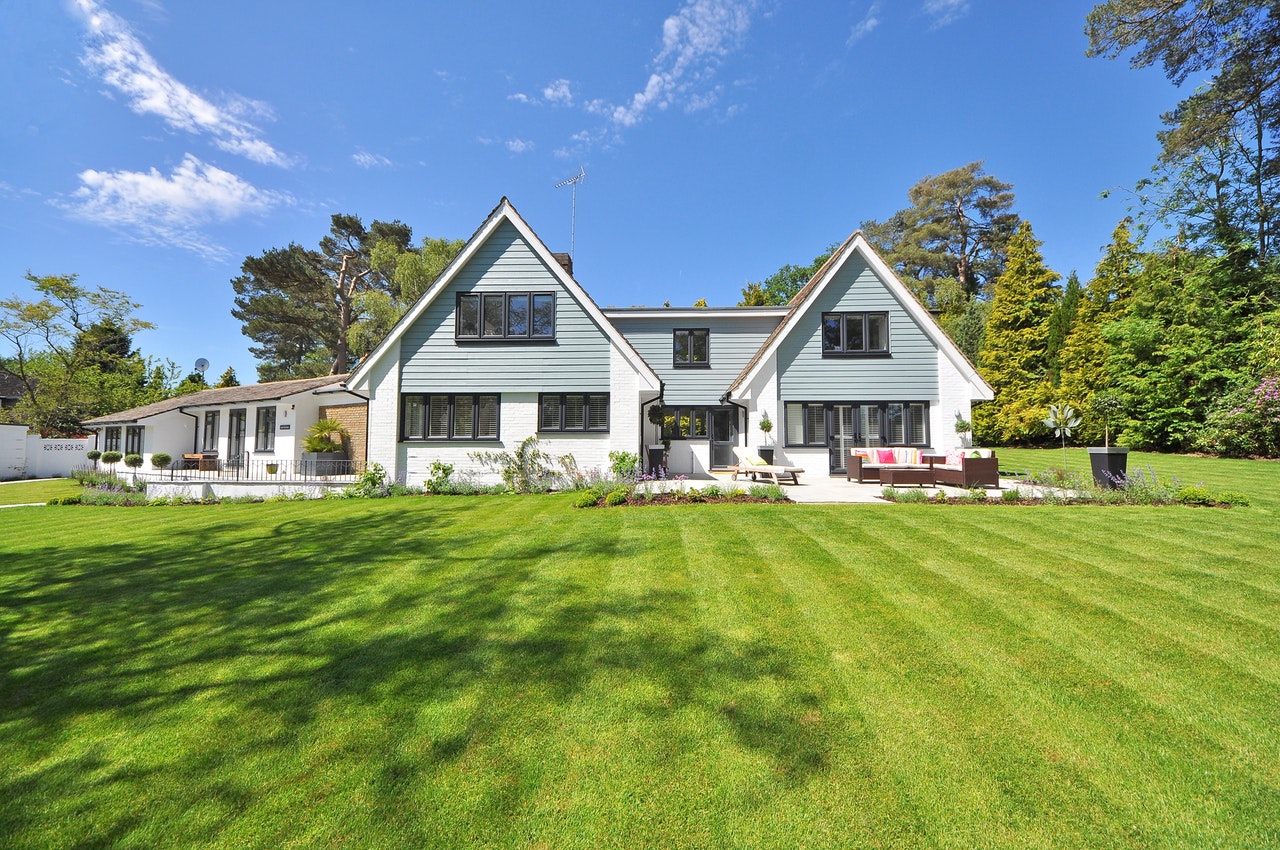You would be forgiven for thinking that the current economic climate and uncertainty surrounding the UK’s exit from the EU may have dampened the chances for budding property developers. However, research suggests that over the next couple of years house prices in the UK will continue to steadily increase. They are unlikely to rise at the level they did in previous years, in 2016 prices soared by an average of 3% within the year, but over the next two years it is possible that they will hit a similar mark. Reports suggest that house prices will gradually increase, slightly under the rate of inflation, with factors such as supply and demand boosting the market creating a slightly larger increase over the next couple of years.
Those looking to embark on a property development project should bear in mind that the days where you could purchase a property, dab on a fresh coat of paint and simply sell on having ridden the wave of continually increasing prices in the UK housing market have certainly slowed. A property project in the current climate takes the right property, the right location, the right project management and the right financing if it is going to have a great chance of success. With this in mind, let us then take the opportunity to review some of the best finance options available for developers looking to embark on a new project in 2018/2019.

Bridging Loans
UK bank bridging loans, as well as smaller independent providers of bridging loans, are a great option for a number of developers. One of the main benefits of this kind of loan is that the loan is, in the main, based on the property rather than the person taking out the loan. This means that unlike conventional borrowing such as mortgages, there is less likelihood of being penalized for adverse credit or having a small or no portfolio as a developer behind you. Furthermore, bridging loans are also a great option for those who need to make a quick purchase as they are processed relatively quickly and make a great option for auction properties or if you want to be in a cash purchase situation to steal a deal. Things to consider are slightly higher interest rates due to the shorter length of the loan, usually, a bridging loan would only be taken for 6-12 months and that there is usually a £25,000 minimum loan amount.
Development Finance
Development Finance is a great option for those who are looking to develop either a property or a piece of land in the UK. These kinds of loans can be for any development project from land to refurbs to new build properties. Things to consider about development finance include; having an exit strategy as most lenders will want this if you are developing commercial property, it is usual for lenders to seek at least a 20 per cent profit on a project to consider lending, the loan interest is usually charged daily and you need to know about exit/brokerage and valuation fees whilst making the best decision on your loan.

Auction Finance
Technically, a bridging loan, auction finance does what it says on the tin and supplies finance for properties bought at auction. For this kind of purchase, it is necessary to have a flexible, quick access, short-term finance solution in order to take advantage of the deals you might be able to get at auction. Buying your development project in this way can be a way to get your hands on a low budget purchase for you to build on and come out with a really healthy return if done correctly. When borrowing look to compare interest rates, LTV and consider the practical length of time you will need the loan for as well as researching the requirements for bridge loan lending.
Mortgage: Commercial
If commercial property is your game then a commercial mortgage is one of the most likely options for your consideration. With a strict restriction on commercial property (as the title suggests) such as offices or retail spaces, this kind of finance is usually quite a cheap source of financing and has the added benefit of having set monthly payments. For traditional lending such as this though, the bank will be providing the loan based on the developer rather than the development and will want to have proof of income, proof you can maintain payments and usually evidence of a development portfolio amongst other things. It can be a longer-term borrowing option but may take a lot longer to process than some of the other lending options.
Mortgage: Buy to Let
If you are borrowing with the intention of renting a property out for a number of years once it has been developed, then it is well worth considering a buy to let mortgage. As with most mortgages the buy to let mortgage option is based on the borrower’s income and ability to maintain repayments. This kind of finance solution will only be considered for one property which means you may need to consider multiple lending options if you are looking to finance a larger portfolio. For a property that needs only a little development and offers a great rental yield this could be the perfect funding solution.
With plenty of finance options available to new and established property developers, there has never been a better time to looking at establishing and growing your property portfolio.

